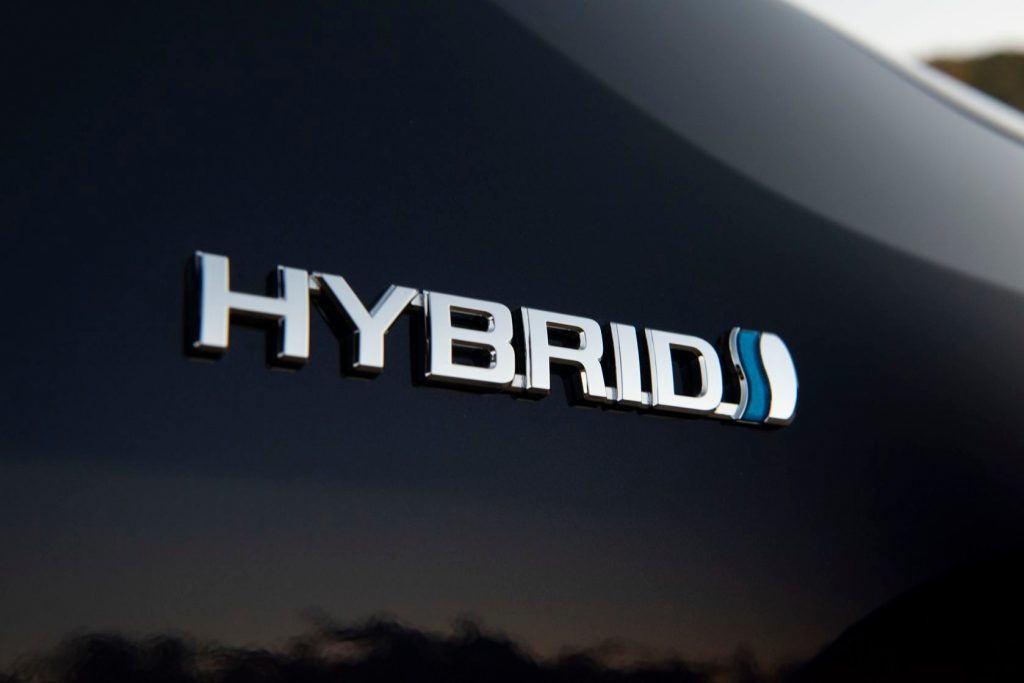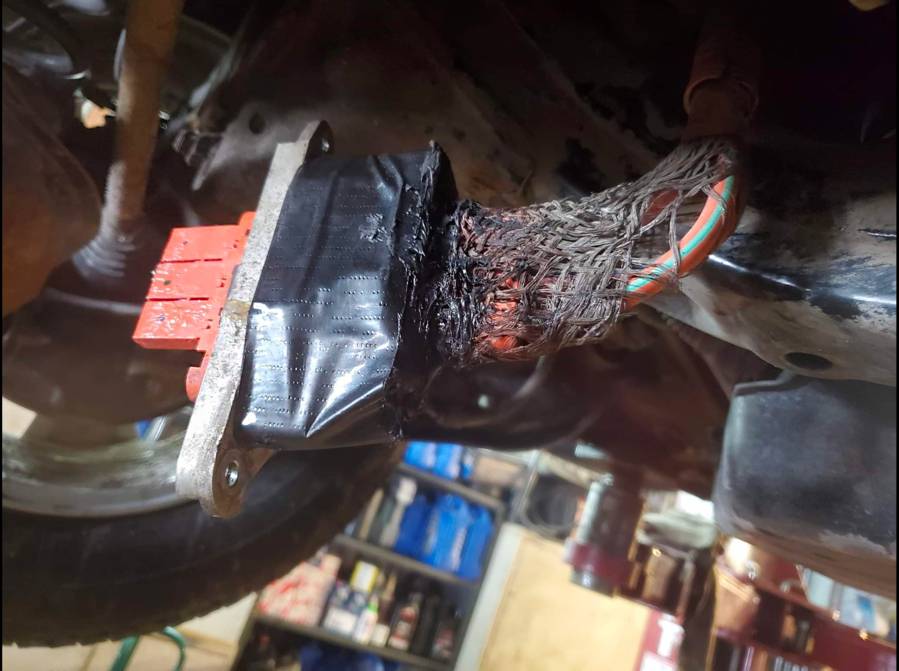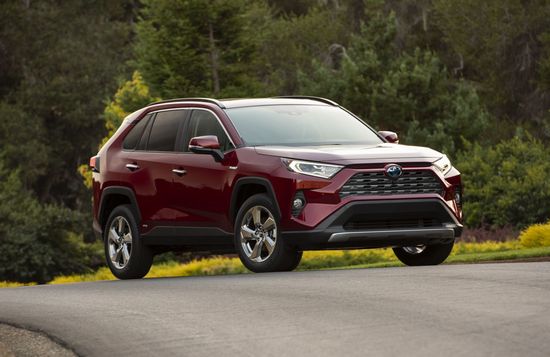On September 13, the Superior Court of Quebec approved a class action settlement covering a defective electrical connection to the rear motor on seven Toyota hybrids. The warranty for this expensive repair increased from 3 years or 60,000 km to 8 years or 160 000 km.
The class action was taken by APA member Constantin Sultana on behalf of residents of the Province of Quebec. It was later expanded to include all of Canada, and covers the following Toyota and Lexus models:
Toyota
- 2020-2022 Highlander Hybrid
- 2019-2022 RAV4 Hybrid
- 2021-2022 RAV4 Prime plug-in hybrid
- 2021-2022 Venza Hybrid
- 2021-2022 Sienna all-wheel-drive hybrid
Lexus
- 2022 NX350h Hybrid
- 2022 NX450h+ plug-in hybrid

This is an expensive repair, with consumers reporting outlays of $5,500 to $7,500. Toyota has estimated a cost of $40 million dollars for the warranty extension. The warranty extension covers 91,742 Toyota and 4,530 Lexus vehicles sold in Canada. Coverage includes:
- 100% reimbursement to consumers who accepted a partial contribution from Toyota on condition that they sign a release absolving Toyota of further responsibility.
- Rental car coverage, subject to limitations, while a Toyota or Lexus vehicle is in the shop for the repair or waiting for the part to arrive.
The repair requires replacement of the entire high voltage cable to the rear motor when corrosion to its connector impacts vehicle operation. Owners received written notices from Toyota informing them of the warranty extension (contact Toyota Canada if you did not receive a notice and own one of these vehicles).


Some owners not happy
About 40 RAV4 Hybrid and plug-in Prime owners attended the settlement hearing in person or online. That’s a surprisingly good turnout from the public for a class action hearing in a vehicle defect case, and demonstrates the commitment of Toyota hybrid owners to their vehicles and the work of their active Facebook community.
Representatives told the Court about their reservations with the settlement. They would have preferred lifetime coverage, like a vehicle recall, or longer time and mileage limits. There were concerns about the high cost of the repair after the warranty expires. Consumers questioned the durability of the different variants of Toyota’s replacement connectors, given that the automaker is now on its fourth (!) iteration of the part.
A persistent worry among RAV4 Hybrid owners is that their vehicles will become very difficult to sell because this known weakness will turn them into “lemons” on the used car market. That concern is unfounded; currently the RAV4 Hybrid and Prime enjoy the best resale values in their segments.
APA’s take
The settlement is a good deal compared to the alternatives. Unlike other vehicle defect class actions which drag on for years, few vehicle owners had yet to pay to replace hybrid cables. The Quebec action opened the door to a Canada-wide settlement and a similar offer from Toyota in the United States. The improved replacement part is now being installed on all new Toyota hybrids for world markets.
APA Montreal lawyer Hubert Lamontagne believes that the settlement has not closed the door for claims occurring after 8 years or 160,000 km. The deal was concluded between Toyota Canada and vehicle owners. In Quebec, the original selling dealer who is not a party to the settlement, continues to be liable under the implied warranty against latent defects, and the warranty of durability in article 38 of the Consumer Protection Act. An individual claim against the selling dealer would require the purchaser to prepare their case with expert evidence to support it. According to Mr. Lamontagne that should be possible with the technical information available from Toyota and the Facebook owners group.
The APA asked Toyota to reduce the exaggerated price of about $5000 for the replacement cable, but that has not occurred so far. And Toyota should develop a low-cost kit to protect undamaged connectors on existing vehicles. Perhaps the company will get around to it one day. In the interim, the aftermarket has begun to offer solutions to improve the resistance of the connection to water and salt infiltration.
Related News
May 2023 – Report on Toyota hybrid cable corrosion hearing to certify the class action
